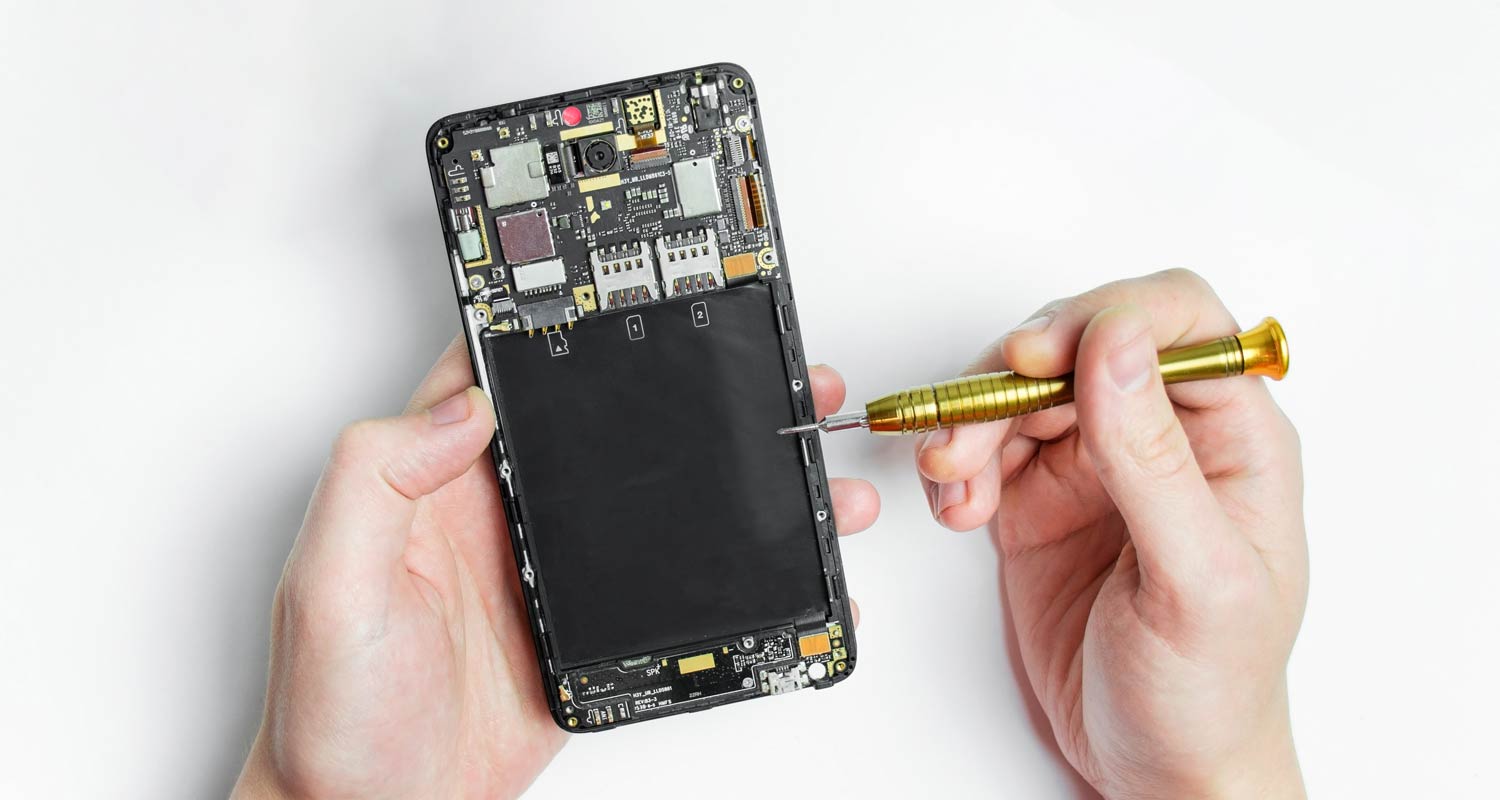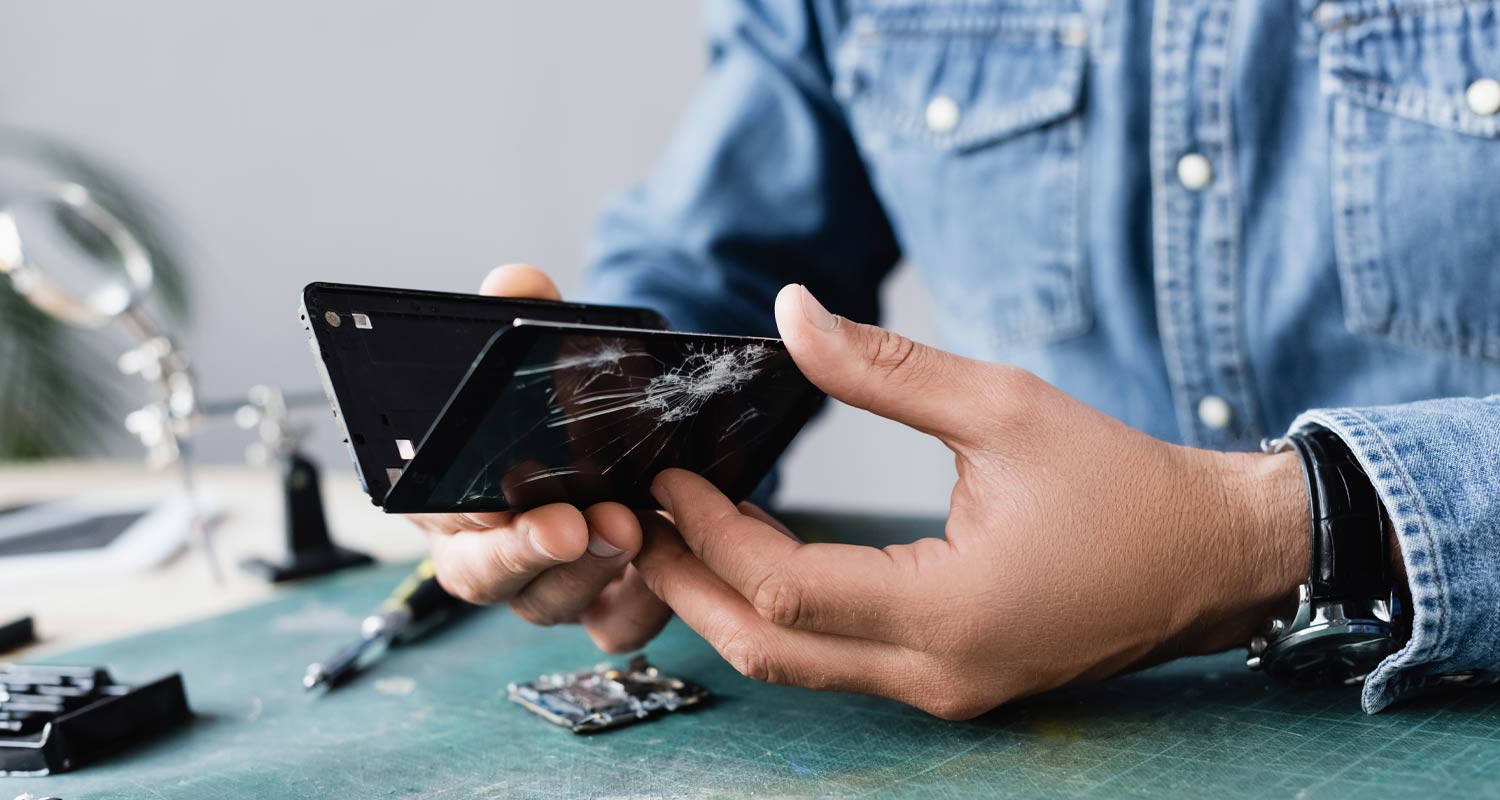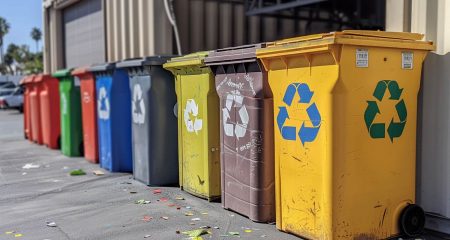 A lack of legislation in South Africa requiring electronics manufacturers to build products that are easily repairable by end users – or by third-party companies – is leading to unnecessary wastage and costs for consumers.
A lack of legislation in South Africa requiring electronics manufacturers to build products that are easily repairable by end users – or by third-party companies – is leading to unnecessary wastage and costs for consumers.
This is the word from Patricia Schröder, spokeswoman for Circular Energy, a non-profit “producer responsibility” organisation that aims to prevent environmental harms by ensuring manufacturers create “circular ecosystems”.
“In South Africa, where regulations regarding the repairability of electronic devices are virtually non-existent, urgent action is needed,” said Schröder in a statement. “As a result, consumers are left with limited options when their devices inevitably malfunction. This leads to a cycle of premature disposal and huge amounts of unnecessary waste.”
According to Schröder, planned obsolescence cycles by manufactures drive a culture of “mass consumerism” that is not sustainable.
Items like a washing machines, for example, are often replaced because a small part like a chip malfunctions. Manufacturers may claim that the part is not repairable while advising the purchase of a new model. “The whole machine ends up as waste, partly or wholly, in a landfill, with you as a consumer being burdened with buying a new product,” she said.
South African legislation trails the EU. In April 2023, the European parliament adopted a right-to-repair directive, which outlines a set of rules to ensure that manufacturers provide “timely and cost-effective repair services” while keeping consumers informed about their rights.
“Goods repaired under the warranty will benefit from an additional one-year extension of the legal guarantee, further incentivising consumers to choose repair instead of replacement,” said the European parliament in a statement at the time.
Guidelines
“After the legal guarantee has expired, the manufacturer is still required to repair common household products, which are technically repairable under EU law, such as washing machines, vacuum cleaners and even smartphones.”
While South Africa lags behind the EU in consumer electronics, strides have been made in the implementation of right-to-repair principles in the motoring industry. At the urging of the local chapter of the Right to Repair Campaign, the Competition Commission in July 2021 enacted a set of guidelines that sought to open up the vehicle aftermarket value chain so that consumers have more choice regarding where they can have their vehicle repaired, including if they want to do so themselves.
Read: Microsoft could send 240 million PCs to an early grave
A key part of the motoring industry guidelines was the removal of contractual limitations that manufacturers placed on where motorists could get their vehicles repaired under warranty. But how vehicles are built also plays a role in repairability as it deals with the standardisation of parts and accessibility of telematics data to diagnostic systems.
“Our mission is to ensure that the South African automotive aftermarket becomes an open, competitive market where your choice of provider or product is dictated by price and quality rather than restrictive contract provisions. This kind of market is to the benefit of all role players in the industry, the pocket of the consumer and the economy. We hope to turn the automotive aftermarket in South Africa into a leading example of what can be achieved where access to the market is opened to all service providers,” according to the Right to Repair Campaign’s South African website.
 Similar concerns crop up in the electronics space, with online communities rallying around the concept of design for repairability. One of the largest such communities is US-based iFixit, which sells replacement parts for and teaches consumers how to fix popular electronic devices as part of its drive to create a culture of DIY fixers.
Similar concerns crop up in the electronics space, with online communities rallying around the concept of design for repairability. One of the largest such communities is US-based iFixit, which sells replacement parts for and teaches consumers how to fix popular electronic devices as part of its drive to create a culture of DIY fixers.
“Repairability means making it possible – and ideally easy – to repair a product. A repairable product is designed with disassembly in mind (it should be easy to take apart and put back together). It must also have parts, tools, service documentation and software available, as well as no artificial barriers to repair such as parts-pairing,” said the iFixit website.
Economic incentives often drive manufacturers in the direction of closed product ecosystems and aftermarket supply chains since these lock customers in and drive future revenue growth. The current status quo, said Schröder, affects the poor the most.
“Currently, South Africans have no choice but to ‘pay and throw away’. We need to stand together to get the right to repair signed into law. It would be an economic and environmental gamechanger,” said Schröder. – © 2024 NewsCentral Media




